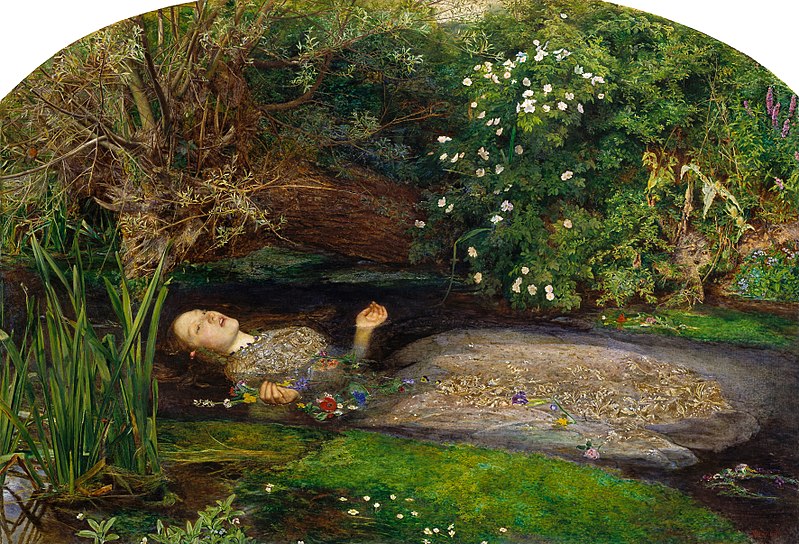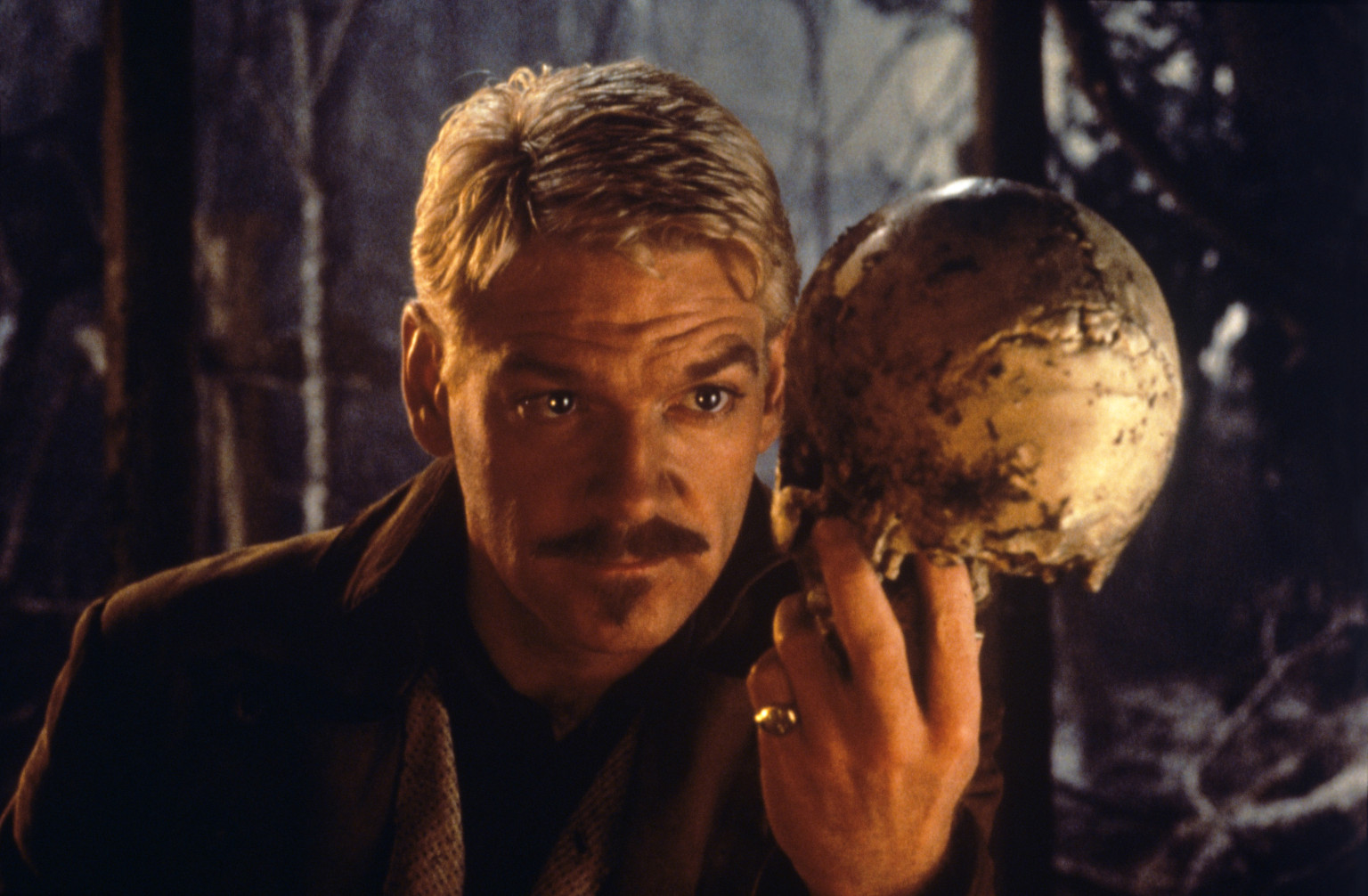Due Date: Monday, November 24th at 1pm
Submit through Turn It In
Requirements:
MLA format with Works Cited page
12 point Times font, double spaced
Two page minimum
At least one academic source
Extensive use of text
Use or formal thesis
Link to a brief list of academic essays, find your own, or use the one in our text.
Prompts:
The question of why Hamlet does not immediately avenge his father’s death has been a central interpretive mystery of the play for over 400 years. Why does Hamlet procrastinate?
Hamlet’s sanity, his “antic disposition”, and his erratic behavior that often seems very real is another central issue of the play, especially over the last couple of centuries. Does Hamlet in fact go crazy, or is he just playing a part? Or is he just profoundly disturbed, emotionally overwhelmed by circumstance and fate?
Ophelia’s madness, on the other hand, seems quite real. Why does she go mad? And in what ways is her madness different than Hamlet's?
A more modern concern of the play is the deaths of Rosencrantz and Guildenstern. Did they deserve this death? Be sure to include Hamlet’s assessment of his decision to have them executed.
Much is made of honor, conscience, and temperament in Hamlet. Compare and contrast the characters of Hamlet, Laertes, Horatio, and Fortinbras.
 Analyze and discuss the position and power of women in Hamlet. In general, how are they treated and viewed, and how do they assert their own identities? Alternatively, outline Hamlet's attitude toward females and their sexuality.
Analyze and discuss the position and power of women in Hamlet. In general, how are they treated and viewed, and how do they assert their own identities? Alternatively, outline Hamlet's attitude toward females and their sexuality.
There are three families portrayed in the play: Hamlet's, Ophelia's, and (to a lesser degree) Fortinbras's. Compare and contrast the different roles of elders and children and how the younger generation manages and reacts to their different situations.
How is friendship and romance represented in the tragedy and how do those dynamics influence the plot? What about the resolution?
Focus on Hamlet’s three major soliloquies. What is the progression of Hamlet’s thoughts revealed in these assessments of self and society? How do they reflect the major developments of plot, conflict, and resolution?
Hamlet declares, “Denmark is a prison”. What conditions, both personal and public, make this metaphor a defining point of Hamlet’s world and how do those conditions contribute to the tragedy?
Death, obviously, permeates this play from beginning to end. From the murder of King Hamlet, to the Prince’s famous meditation in the “To be or not to be” soliloquy, from Ophelia’s apparent suicide to “poor Yorick”, from the brutal blood bath that ends the play to the mere addendum that “Rosencrantz and Guildenstern are dead, death is never far from the plot or the characters’ thoughts. Discuss the play’s various attitudes towards death and suggest whether the play reaches a final conclusion regarding the “undiscovered country”?
The Player King comments: “Our wills and fates do so contrary run/That our devices still are overthrown;/Our thoughts are ours, their ends none of our own” (3.2.234-236). This seems to suggest that fate rather than an individual’s own volition is the ultimate determinant of earthly events. Might this thought be viewed as the great theme of this play? Explain.
The ability to speak clearly is essential to how we relate to others and ourselves and in Hamlet this is especially true as a character’s ability to speak is linked with their power and identity. Discuss the play’s attitude towards “Words, words, words” (2.2.210). This seems to fit quite well with the above observation.
Certain types imagery and metaphor (sickliness, e.g.) runs throughout the tragedy. Trace any such use of language and discuss its artistic contribution to the play’s themes.
Select a single quote and explain how it represents a major theme of the play.
You may also create a prompt of your own, but it does require my approval.









